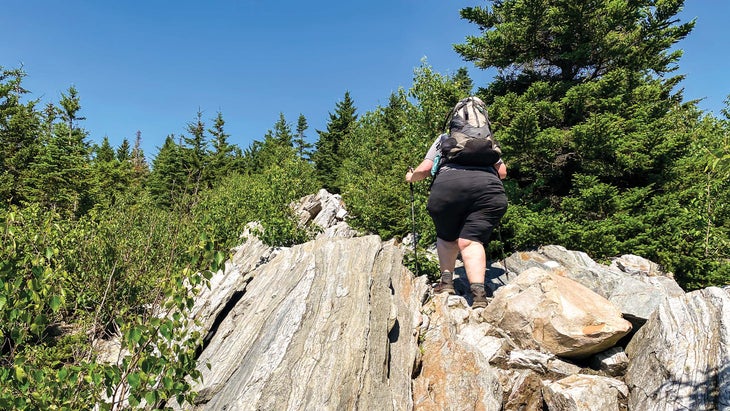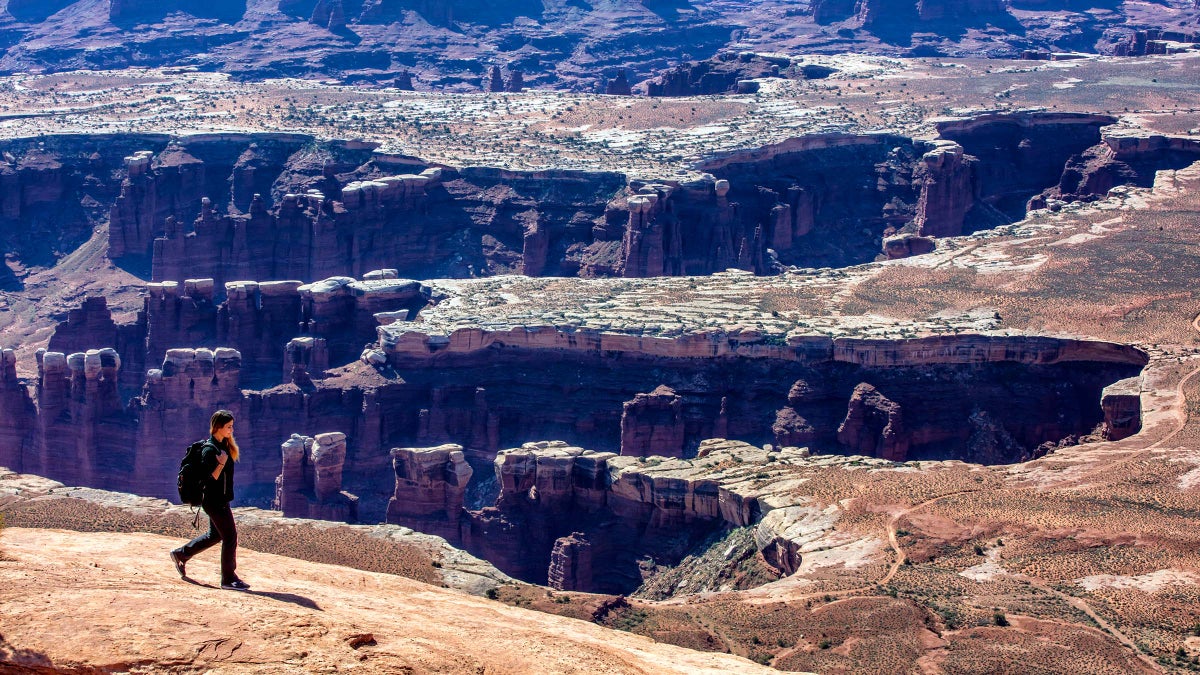Products You May Like
Get access to everything we publish when you
sign up for Outside+.
Hiking may be humankind’s original sport, but it’s changing all the time. The gear gets lighter, new long trails sprout up, and technology, for better or for worse, finds new ways to encroach on the outdoors. Some things about hiking, however, never change.
Our most-read stories of the year covered both the new and the timeless parts of getting into the woods. Readers came to hear about the internet’s worst survival advice, people who cozied up to a bear for a selfie, and how science is changing how we think about thru-hiking. They also read about classic topics like pooping outdoors, dealing with bad partners, and the tricky question of how to stay safe in the woods. Here, in no particular order, are our 10 most-viewed articles of 2021.
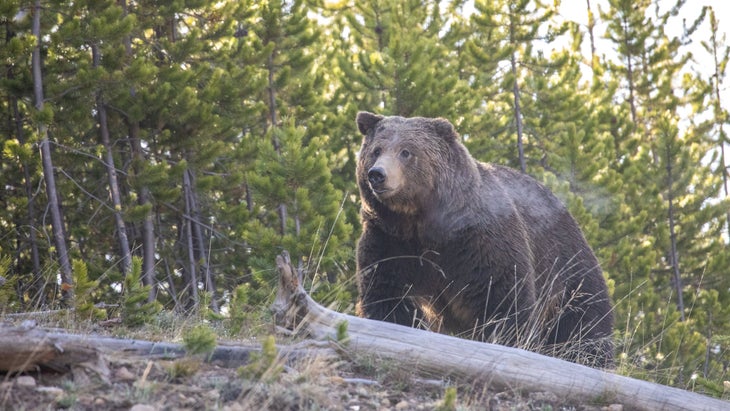
It might seem like common sense that grizzlies, bison, and other large animals are dangerous. But judging by the number of people who suffer close calls or worse with America’s most iconic megafauna while in pursuit of the perfect selfie, it might not be. The latest high-profile example occurred in May, when a visitor got bluff-charged by a feeding griz after getting too close. Senior Digital Editor Adam Roy offered a friendly reminder: provoke it, and wildlife can wreck you. Read the article
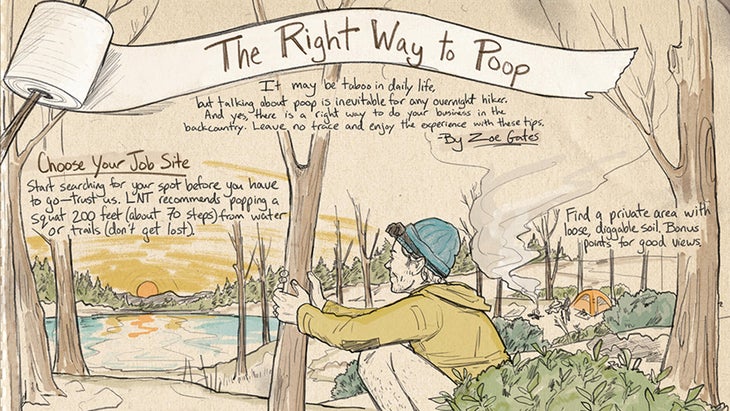
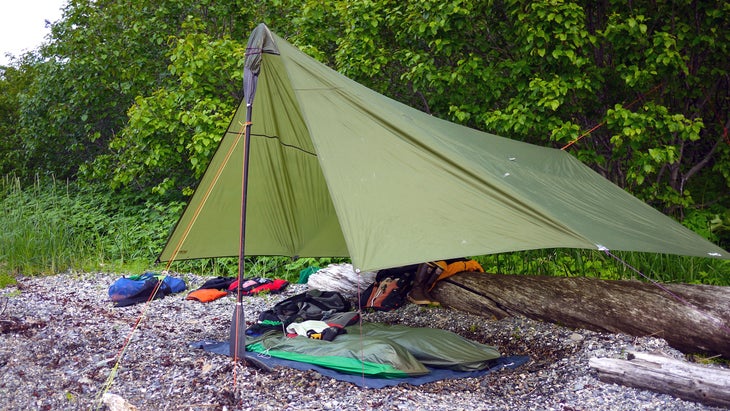
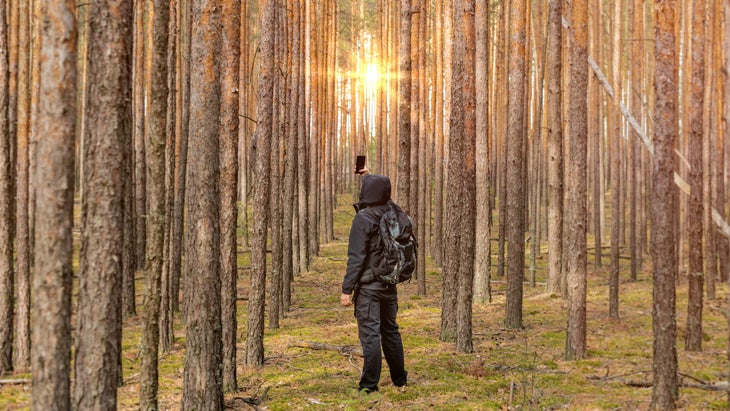
Maybe you saw a meme with a piece of unusual advice going around a few months ago: If you’re lost in the wilderness, change your voicemail so people calling you will know that you’re in trouble. Like a lot of unsourced advice on the internet, however, it was bad—maybe dangerously so. Assistant Skills Editor Emma Veidt broke down why with the help of search and rescue experts. Read the article
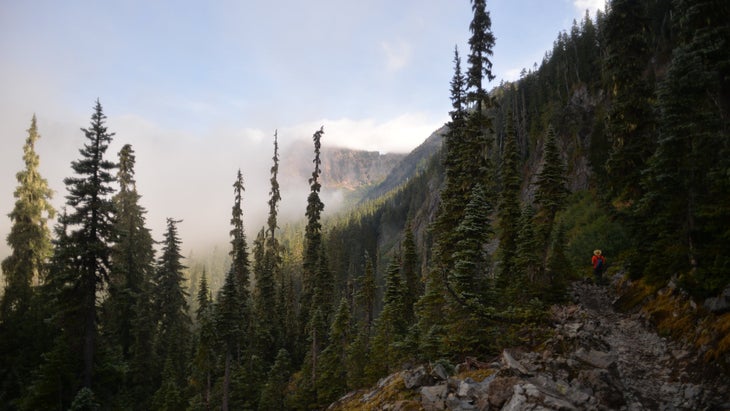
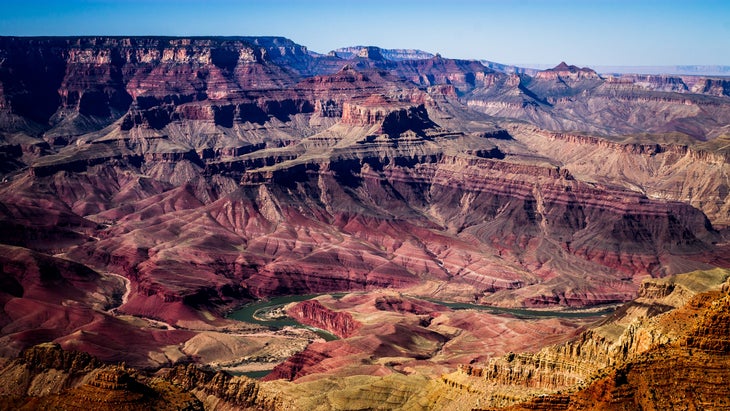
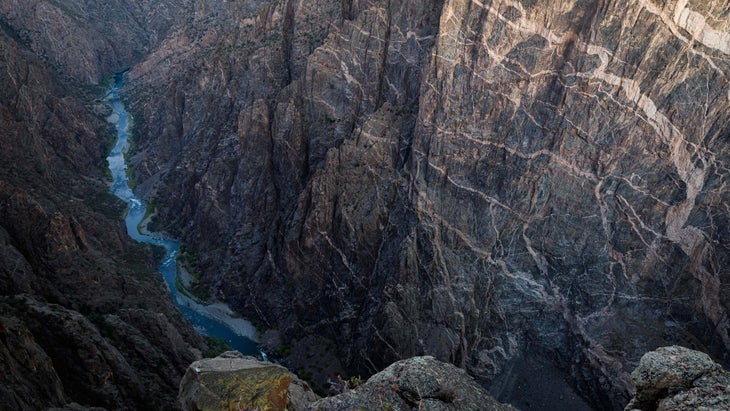

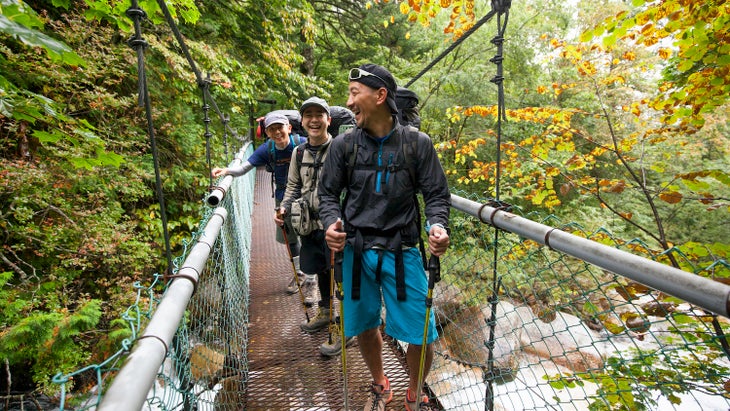
You can’t grow two more legs like a mountain goat—but getting a solid pair of trekking poles is the next best thing. By always giving you two points of contact with the ground and taking weight off of your knees, trekking pole use is proven to reduce fatigue and ward off injuries. Emma Veidt breaks down how to pick the right pair of poles and use them in this back-to-basics primer. Read the article
